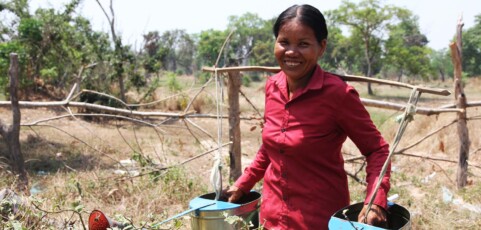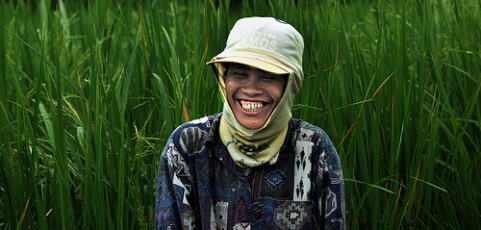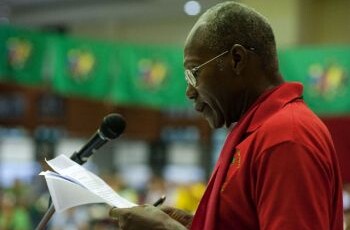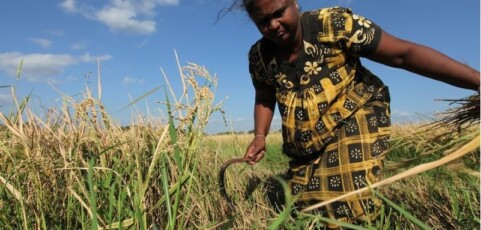“We are pleased to present the report of the International Forum on Agroecology, held at the Nyéléni Center in Sélingué, Mali from 24th to the 27th of February, 2015. This represents the first joint vision of Agroecology from the shared viewpoints of all kinds of small-scale food producing peoples, seen from the perspectives of our social movements. This is the first common statement across constituencies, of the pillars and principles of Agroecology. Read more
Climate Resilience Sustainable Agriculture Experiences
This document summarises case studies from ten countries through ActionAid’s approach to climate resilient sustainable agriculture, which incorporates agroecology in a human rights framework. Based on these experiences ActionAid recommends to increase investment in agroecology, as part of a comprehensive human rights based approach: Read more
Locally rooted: ideas and iniatives from the field
Family farmers and the many ways in which they contribute to food security, healthy landscapes and thriving rural communities can be supported in a number of ways. These are some initiatives from around the world.
The Jakarta Call: “Agroecology is our option for today and the future”
La Via Campesina, the international movement which brings together millions of peasants, small and medium-size farmers, landless people, women farmers, indigenous people, migrants and agricultural workers from around the world, closed its 6th International Conference (Jakarta, 6-13 June, 2013) with a strong call for food sovereignity. Read more
Tipping the Balance: Policies to shape agricultural investments and markets in favour of small-scale farmers
A recent wave of large-scale land acquisitions and other commercial investment in agriculture has raised concerns that small-scale producers are being marginalized. This report takes a new look at the role of public policy and market governance in ensuring inclusive sustainable development. It also foucses on elements that can contribute to gender-equitable results. Four country case studies, conducted in Guatemala, Nigeria, Tanzania and the Philippines supports this work.






